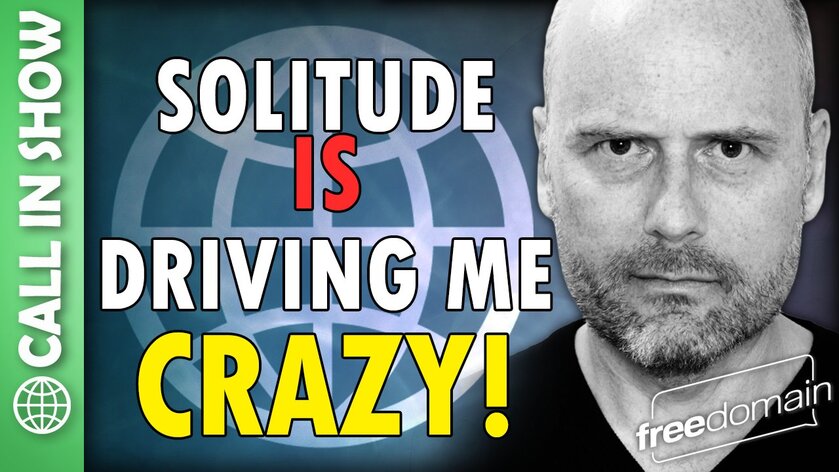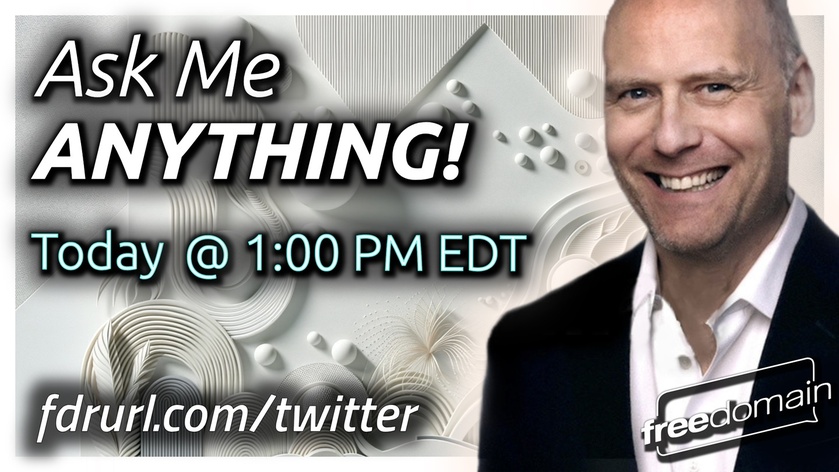If you are not already a supporter checkout everything you are missing out on in the Preview Article.

Kant VS UPB
Kant is nearly incomprehensible, but my understanding of the rationale for his Categorical Imperative is:
If there exists an "ought" that applies to all persons and actions in all places at all times, then this universal "ought" (categorical imperative) must be universalizable, by definition. Therefore all actions must conform to the principle of universalizability.
Thus his first formulation of the CI: "Act only according to that maxim whereby you can at the same time will that it should become a universal law."
How is this not UPB?
Stefbot did not help, so I watched the Big, Chatty Forehead himself: https://freedomain.locals.com/upost/2634493/an-introduction-to-ontological-morality-kant-vs-upb to find out, but found no adequate explanation.
Stef's arguments are:
1 - Kant is a hypocrite for exempting the state from the CI.
But, by Stef's admission, this is not an argument.
2 - Kant doesn't answer the question "why be good?".
But he does. The answer is because you are a rational agent. To create a universal rule while exempting yourself is a condradiction, which is irrational.
3 - Kant is writing a "diet book for skinny people" because only people interested in morality will care for his argument.
But this is true of all moral philosophy, including UPB.
These arguments neither refute the CI itself, nor identify how it differs from UPB.
Since Stef is the greatest philosopher of our time, and I am just some random guy on the internet, I suspect Stef is right and I am wrong. Can someone help me find my error so I can stop being wrong?
Thanks!
All donors get the Peaceful Parenting book / audiobook / AI access to share with any and all parents you know who need help!
THANK YOU SO MUCH!
Tuesday Afternoon Twitter Space 24 June 2025
This lecture examines the complexities of forgiveness, arguing that it should be earned rather than given freely. Stefan Molyneux discusses the risks of unearned forgiveness, illustrating how it can lead to a lack of accountability and perpetuate harmful behaviors. He critiques societal pressures to forgive for personal peace and highlights the importance of genuine restitution, which involves acknowledgment of wrongdoing and corrective actions. The lecture further explores the implications of forgiveness in relationships, the nature of apologies, and the need for moral responsibility across generations. Through audience interactions, Molyneux emphasizes the importance of navigating forgiveness with ethical integrity and mutual respect, ultimately urging listeners to reconsider their understanding of forgiveness as a process grounded in moral accountability rather than emotional obligation.
GET MY NEW BOOK 'PEACEFUL PARENTING', THE INTERACTIVE ...
Third Twitter Space! Friday 20 June 2025
In this episode, I examine the themes of self-awareness and responsibility, urging listeners to reflect on their willingness to admit faults. Using Shakespeare's "Hamlet" as a backdrop, I discuss the importance of questioning established beliefs and the balance between self-doubt and self-assurance. I also share insights from a discussion on the "Bronze Age Mindset," contrasting Nietzschean vitality with ethical frameworks in relationships. The conversation invites deeper exploration of masculinity, femininity, and societal narratives, advocating for character integrity and resilience in navigating moral complexities and fostering healthy connections.
GET MY NEW BOOK 'PEACEFUL PARENTING', THE INTERACTIVE PEACEFUL PARENTING AI, AND THE FULL AUDIOBOOK!
https://peacefulparenting.com/
Join the PREMIUM philosophy community on the web for free!
Subscribers get 12 HOURS on the "Truth About the French Revolution," multiple interactive multi-lingual ...
Subscribers get early previews for shows!
The episode offers an in-depth interview between Stefan and a 23-year-old caller struggling with feelings of emptiness post-conversion to Catholicism. The discussion reveals the caller's affluent but isolating upbringing, marked by the early death of his mother and the pressures to excel academically in music. The pandemic exacerbated his challenges, leading to a breakdown and withdrawal from music school. The conversation explores his anxiety, social awkwardness, particularly in romantic contexts, and his complex family dynamics, where differing ideological views have further isolated him. Stefan encourages the caller to reframe his perceptions of relationships and mental health, promoting social engagement as a means to combat isolation. The episode underscores the interplay between personal history, mental health, and the necessity of community and connections in overcoming feelings of purposelessness.
Subscribers can access this content at:
Locals: ...

Join me on X to talk about what philosophy has to say about forgiveness!


If you are not already a supporter checkout everything you are missing out on in the Preview Article.